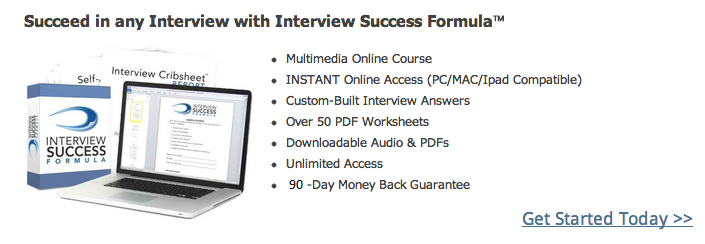 No matter how thorough the interview questions, an interviewer can never completely test out a job candidate. Seeking to hire the best person for the job, the interviewer pays attention not just to the job candidate's words, but to every aspect of the interaction.
No matter how thorough the interview questions, an interviewer can never completely test out a job candidate. Seeking to hire the best person for the job, the interviewer pays attention not just to the job candidate's words, but to every aspect of the interaction.
Want to make a good impression? Whether pursuing a managerial position or a technical post, there are a number of key guidelines to help you perform well. Here are some techniques on how to face interview questions.
- When asked a question, do not just jump to an answer just to avoid silence. Think, and then reply. It should appear that the answer is well thought through, rather than uncomfortably cobbled together.
- Answers supported by examples from your life or your professional experience are always preferred over single-line explanations. This helps you validate your past performance. Even simple questions like "Are you someone who is trustworthy?" should not have a one-word answer. This question would require a logical explanation.
Do not lie to the interviewer. Lies can be caught if the interviewer pushes you a little further on the topic. Any company would prefer a straightforward candidate to a deceitful one.
- Answering interview questions is all about selling yourself to the interviewer. Emphasize your achievements. Show a highly positive attitude for the job being offered. Your attitude during the interview can reflect your interest and willingness to work.
- Do not end up asking questions like "What will my salary and benefits look like?" or "How many weeks of vacation will I get?" Asking these questions makes you look like a hired gun - you're just in it for the money, and if another job comes along offering you more money, you will immediately walk way. Instead, ask questions about the work and the company.
Knowing how to answer the really tough interview questions can be a real challenge. When you are asked an interview question that you don't wish to answer, if you try to avoid answering a question by changing the subject, it may look like arrogance. Your interviewer will notice that you're avoiding the subject. The interviewer may not alert you that you were caught, but without you even realizing it, your interview may have already ended.
- Try to build a relationship with the interviewer. Some people walk into an interview and just answer the questions in a cold, matter-of-fact way. Successful job seekers have real conversations with their interviewer. They ask interviewers questions, and then engage with the interviewer using appropriate body language. This means smiling or laughing at funny comments, nodding, making eye contact and in other ways showing that you are listening, and asking questions over the course of the interview instead of just waiting until the end to engage the interviewer in a dialogue.


